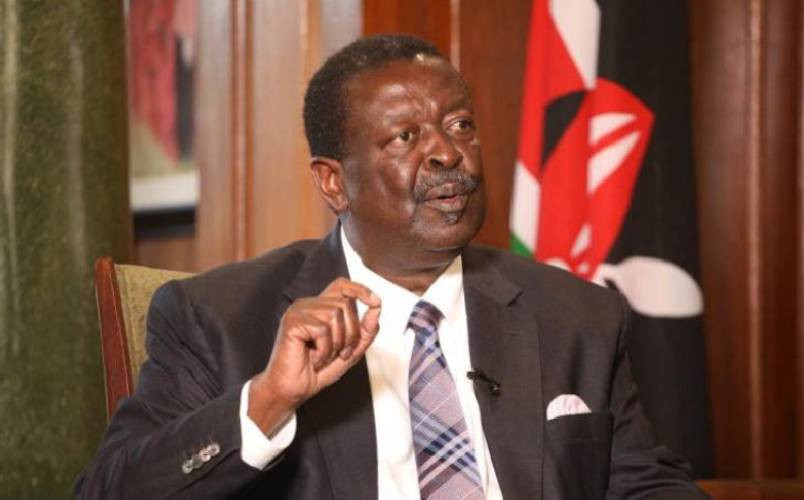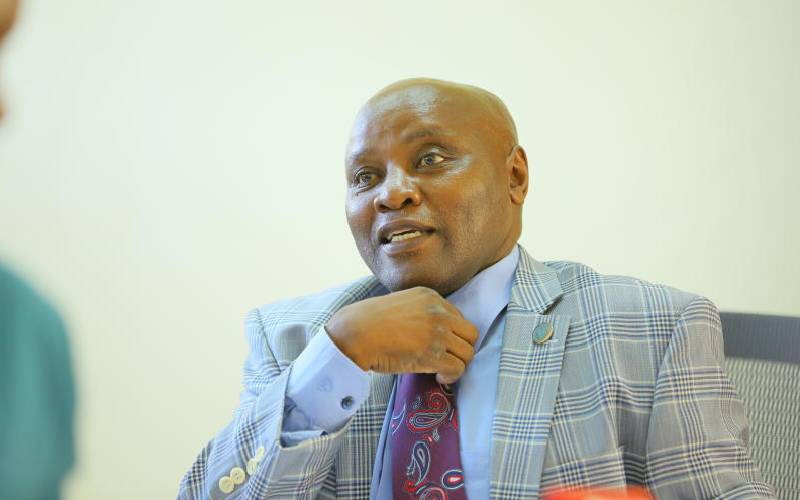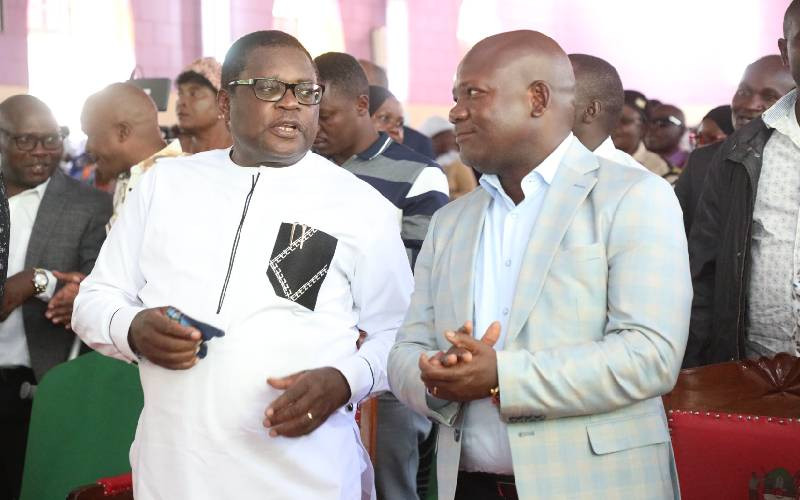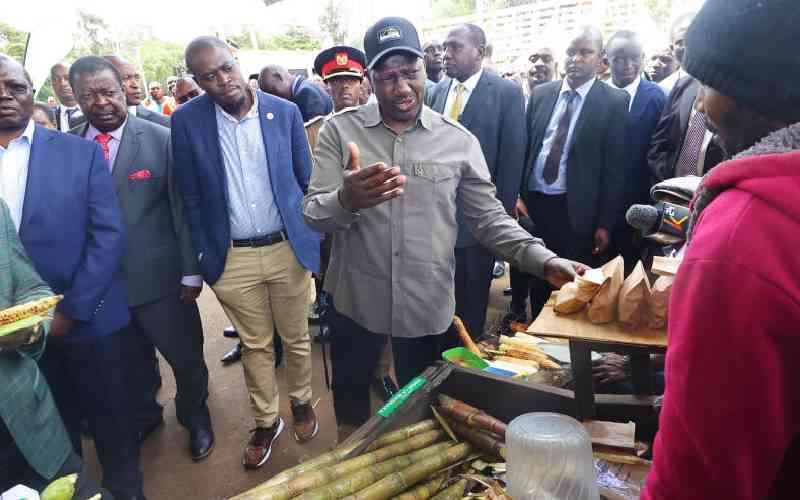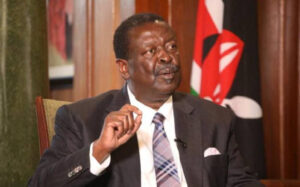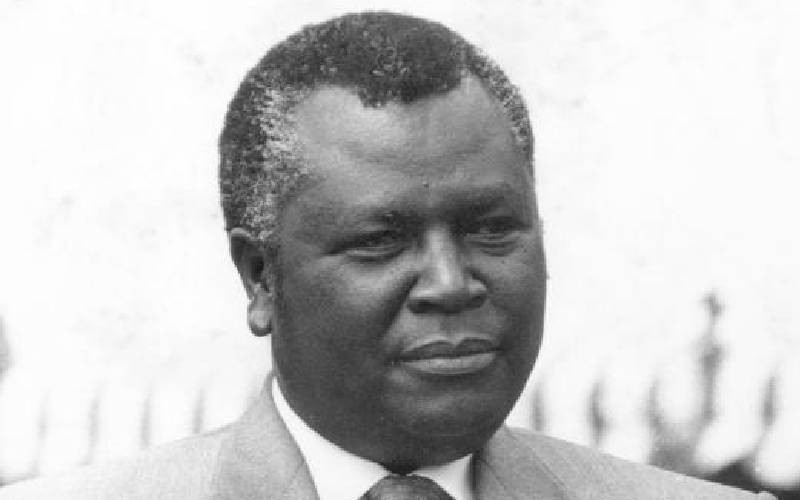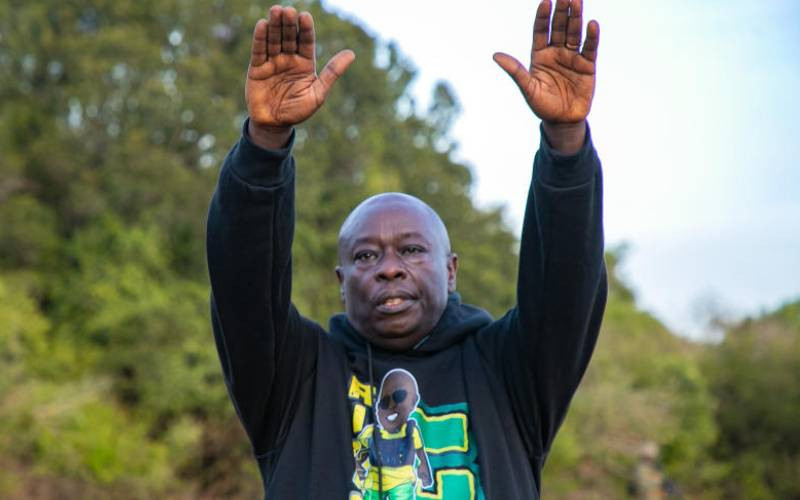President William Ruto ascended to the country’s helm on the wave of a promise to uplift Kenya’s “hustlers,” the millions of economically marginalised citizens.
He had all along asserted that he was one of them. He was the “chief hustler.”
During the launch of his campaign, Dr Ruto unveiled a plan the Kenya Kwanza team termed the “Bottom-Up Economic Transformation Agenda.”
He pledged to redirect State resources toward the grassroots, with a focus on small-scale traders, boda boda operators, “mama mbogas,” and youth-run enterprises.
“We are starting here at the grassroot. We will start with mama mboga, boda boda riders and the jobless so that we can elevate everyone through the bottom up programme,” became a campaign verse that Ruto would recite to almost every crowd he encountered during the electioneering period.
For many, this vision offered a long-overdue reckoning with decades of trickle-down policies that, Ruto argued, had failed to alleviate poverty, thereby raising hopes of many Kenyans.
Three years into his administration, however, the reality on the ground paint a mixed picture, with the majority decrying the unaffordable cost of living that continues to skyrocket.
Traders in various markets who spoke to The Standard, expressed disappointment with the government that they “voted in” as majority of them reported that the situation has worsened since Ruto took over.
“This is what I can tell him,” Martin Kaiyo, the chairman of Fig Tree market, paused. “Mr President, it is not well. We had huge hopes, but as things stand, even the income we had before you came into office has vanished.”
Kaiyo’s neighbour in the stalls, Mueni Patricia lamented, saying there is little to celebrate in the Kenya Kwanza government. “With regard to his promises, there is nothing we have benefitted,” he said.
Echoing Patricia’s sentiments, Mary Wambugu, a grocery seller in Muthurwa market, said things have remained the same as they were in the previous regime.
“Ruto promised to change the lives of the boda boda operators and mama mboga. Instead, we have been hit hard by this economy,” Wambugu said.
One of the Ngara boda boda association leaders lamented that: “There is very little I can say we have benefited from this leadership. Even the spare parts have become more expensive.”
Stay informed. Subscribe to our newsletter
The traders also wondered why the promised 400 markets across the country to uplift hustlers, with Nairobi alone having been allocated 15,have not been constructed.
Ruto announced the State would allocate Sh20 billion to construct the markets.
“Mama Mboga was the front and centre of my campaign, I simply cannot walk away from them. So I have to build these markets,” Ruto said in August 2023 during a visit to Githurai.
To date, however, the traders are yet to see the markets constructed even as they express optimism that the Head of State will be able to accomplish his promises by the end of his first term.
The informal sector, data shows, contributes about 24 per cent of the country’s Gross Domestic Product (GDP) and more than 80 per cent of employment.
And with the Federation of Kenyan Employers (FKE) now warning of job losses as companies continue to declare redundancies due to unfavourable tax policies, experts argue the laid off people would opt to venture in the informal sector.
According to the employers, close to 6,000 people have lost their jobs since 2022, with at least 57 companies announcing redundancies.
FKE attributes these job losses to the increased cost of doing business, high taxes, and economic instability caused by, among other factors, the weakening of Kenyan shilling and changes in government policy, further contributing to youth unemployment.
Churchill Ogutu, an economist, observes that, despite improvements in terms of some of the “real sector metrics” such as inflation and stable shilling, diminishing disposable income continues to negatively impact the informal sector.
This, Mr Ogutu said, is exacerbated by increase in tax deductions, including the housing levy and social medical scheme, further squeezing the already overburdened taxpayer, which in turn reduces their purchasing power.
“The disposable income has negatively impacted the businesses as people are not spending as much as they were able to spend, and this has a negative impact even on the Micro, Small and Medium Enterprises (MSMEs),” he noted.
A new survey by TIFA reveals that the majority of Kenyans feel their personal and family economic situation has deteriorated significantly since the Kenya Kwanza Administration assumed office in 2022.




